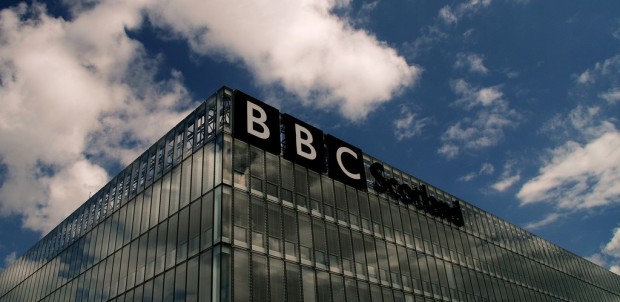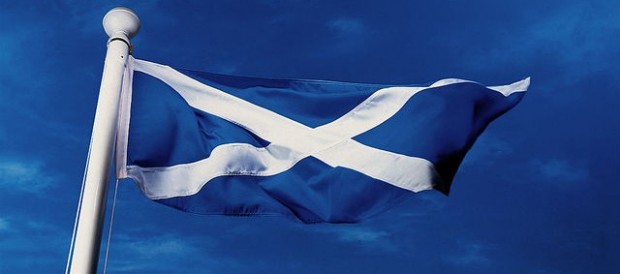Broadcasting Should Be The Nationalists’ Holy Grail

A recent Scottish social attitudes survey found that 65% of Scots would back independence if they were £500 better off. The slogan “It’s Scotland’s Oil” has been the cornerstone of the nationalists’ case for independence for the past four decades, while the unionist case invariably relies upon Government Expenditure and Revenue Scotland (GERS) reports which show Scotland receives more public expenditure than it raises. I would contend that all of these are entirely erroneous.
No nation’s people have ever voted for independence because they would be a few quid better off.
Scotland has a unique cultural identity. This unique cultural identity is essential to a nation’s independent character, particularly where small countries are concerned. Language, literature, music and theatre played a crucial role in Irish nationalism. However while I would always contest that the very best bits of Scotland’s cultural identity are those parts which are uniquely Scottish it’s hard to argue that Scotland is culturally independent from the rest of the UK. Why else would John Swinney have felt it necessary to reassure Scots that they’d still be able to watch EastEnders in an independent Scotland?
It would seem odd therefore that, despite the fairly broad competence of the Scottish Parliament and Government there has been virtually no shift in Culture policy under the SNP. The work to establish Creative Scotland was begun while Frank McAveety was Culture Minister, with concrete proposals emerging by 2006. The Gaelic Language Act was introduced to Parliament by Peter Peacock in 2004. The only major celebration of Scottish Culture in recent years has been the disastrous “Homecoming Scotland”, which was initially the brainchild of Jack McConnnell. Even then, “Homecoming” appealed more to wealthy American tourists’ sense of Scottishness than our own.
Of course, the zenith of Culture policy is broadcasting – which is presently reserved to Westminster. It is through broadcast media that the vast majority creative output is consumed. In their first term in power the SNP recognised the importance of broadcasting to the nationalist cause. They established the Scottish Broadcasting Commission, who recommended the creation of a dedicated Scottish television network.
Similarly the Scottish Government’s National Conversation considered the question of Broadcasting. Their consultation document proposed as an interim measure that:
- Responsibility for MG Alba should be devolved to the Scottish Government.
- The Scottish Government should be granted the competence to establish a “Scottish Digital Network”.
- The creation of a Scottish division within Ofcom.
- The creation of a Scotland-wide Channel 3 licence, to be regulated by Ofcom Scotland.
- Assigning Scotland a share of broadcasting revenues (i.e. from spectrum sales and licence fee), with the ability to vary the licence fee for Scotland.
The SNP dominated Scotland Bill Committee has made similar recommendations relating to the devolution of broadcasting, though such a move has not attracted the political onus that devolution of Corporation Tax has received. However even if the SNP were successful in having broadcasting devolved to Scotland it would take years to implement any substantial shifts in policy.
If the nationalists’ want to be certain of victory in an independence referendum then they need to foster a greater sense of independence within Scotland’s culture. And to do that they need to do more than hold the occasional festival of Scottishness or commemorate 700-year-old battles. Promotion of the gaelic language will play an important role in the development of Scots culture. So too will the promotion of literature, music and the arts. However in order to engage with every section of Scots society broadcast media are required.
The development of Scots broadcasting will be crucial to making Scotland culturally independent. John Swinney sought to reassure Scots they could still watch EastEnders. However in a culturally independent Scotland, nobody would want to.


